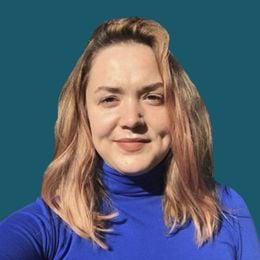What’s It Like to Be a Rock Star's Mom?
In her book, Dave Grohl’s mother shares stories of 19 rock stars' moms
Memoirs from musicians are fairly common, but how often do we hear from the mothers of famous rock stars? In her debut book, From Cradle to Stage, Virginia Hanlon Grohl (mother of Foo Fighters frontman Dave Grohl) opens up about her life as a rock mom and intertwines the experiences of 18 other mothers of household-name musicians.
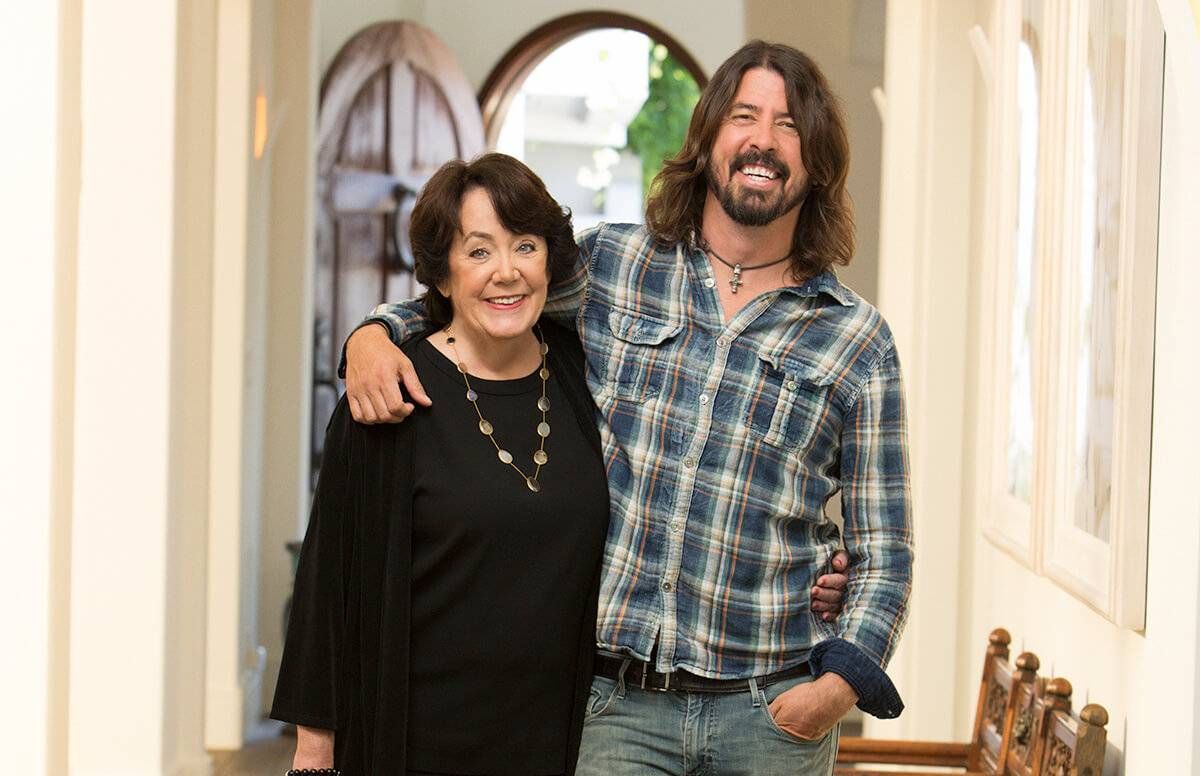
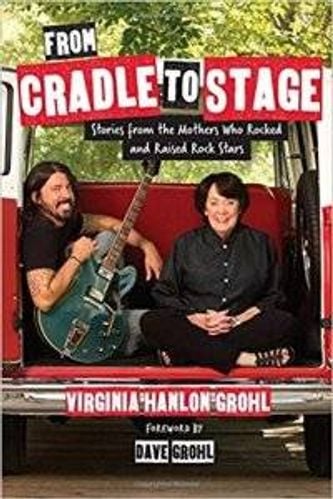
Virginia Hanlon Grohl spoke with Verna Griffin, mother of Andre Young (Dr. Dre) about raising her son as a teenager among abuse, death and riots in Compton, Calif; with Amy Winehouse’s mother Janis about navigating Amy’s early rise to fame and subsequent struggles and with Val Matthews, mother of Dave Matthews, about single-parenting four children, moving back and forth between the U.S. and South Africa, where she grew up.
From Cradle to Stage is layered with a sincere and gracious foreword from Dave Grohl as well as 13 vignettes detailing his mother's journey parenting him, including a story about her friendship with the late Kurt Cobain’s mother Wendy Cobain O’Connor, childhood stories of Dave and memories of traveling with his bands to the Grammys, a White House performance and more. The book — released in April — is now being developed into a docuseries by Live Nation Productions. Next Avenue spoke with the author about the relationships she built with her fellow rock moms, the challenges of parenting a rock star and what she learned from the book project. Highlights:
Next Avenue: How did you go about connecting with every mom you featured? Why did you choose the mothers you chose?
Virginia Hanlon Grohl: I wanted to choose [mothers of] musicians who have already passed the test of time. They’ve been in the business a long time. They’re well-respected. I wanted to have a mix of genres to see if there were any differences in the raising of those children. I started with a major list, and then I wrote handwritten letters to those mothers. A handwritten letter is always a treat and more appreciated sometimes by people of our generation. We waited to hear from them and then got in the car or on a plane and went to find them.
What is the greatest commonality you found between all the rock moms?
The level of support that the mothers were able to give across the board — some sooner, some later. Some had a more difficult time accepting [their childrens’ lifestyles] — not that they had much of a choice. It was either do it or lose something precious to you. We all went about it in very different ways, but all of the mothers were supportive and still are. I really loved meeting them and became friends with a whole lot of them. It was one of the best times I’ve ever had.
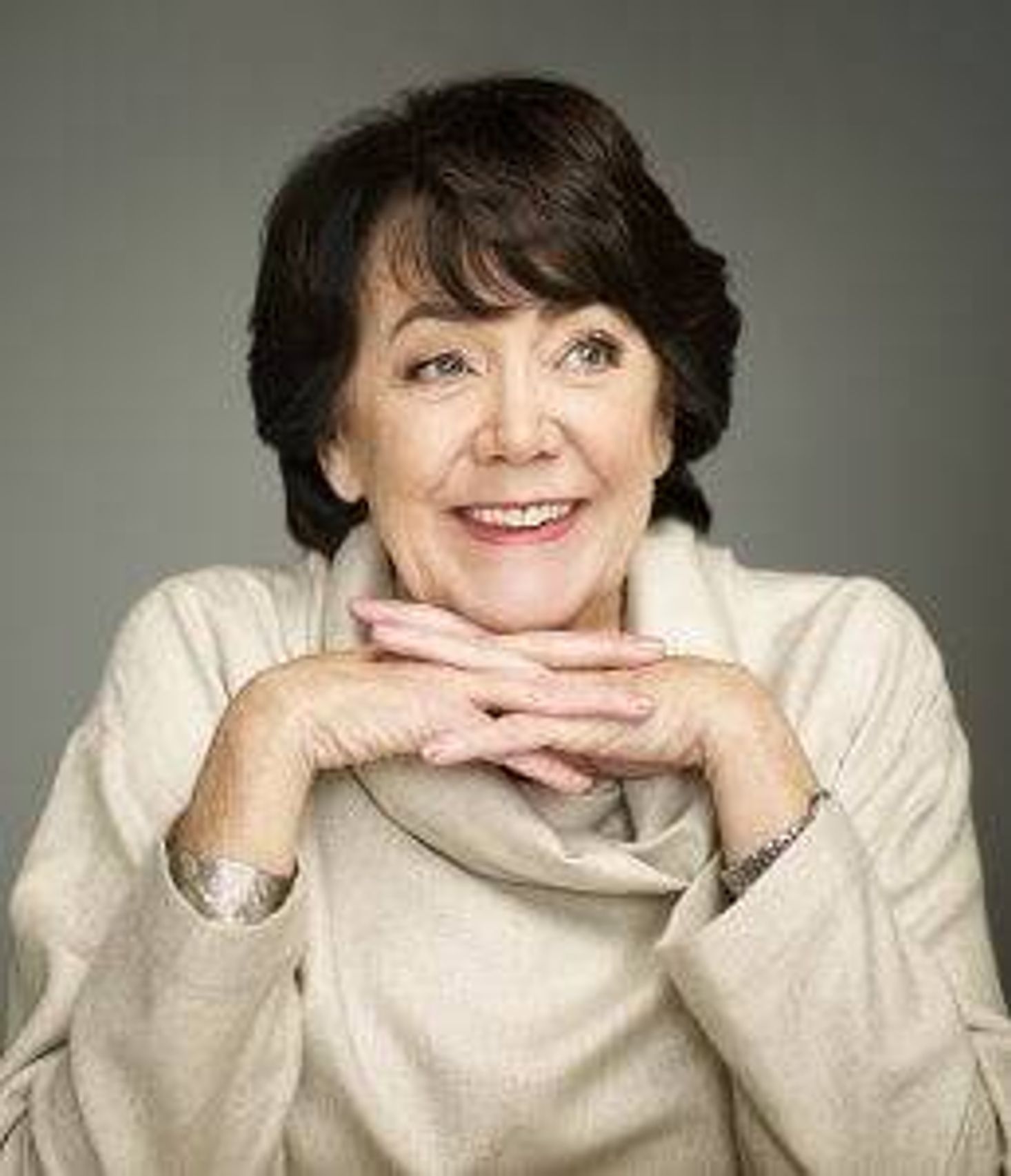
Is there a certain type of parent that produces a rock star, or is it more chance?
I don’t think there’s any kind of formula to create a musician. It starts out in the DNA of the child that’s given to you, and it just happens. I don’t even think we have much control over it. It’s just there, and it’s really startling. Most of them picked up an instrument just from playing it. They resisted instruction. I think we all realize we didn’t contribute to the complete level of talent that they had. Most of us were surprised by it a little bit.
What was the most moving conversation you had for the book?
Geddy Lee’s [of Rush] mother [Mary Weinrib] was an example of someone having to live through unbelievable years of difficulty. [Weinrib] was in a Nazi prison camp in her teenage years. She was deprived of everything — her education, her freedom, everything. That made her the kind of person she became, which was resilient and determined, and also it created a resistance to her son opting to be a musician rather than a scientist or doctor or something she thought he should be because he had the privilege of getting an education.
You chose to focus significantly on the mothers’ individual upbringings. It wasn’t just about the children. Why was that?
I was interested in the history, and since we’ve all lived very different histories, and we span a century between the parent and the child — there are so many factors going into all of these lives. I really wanted to get the mother’s story, the whole story. What her family was like and how she grew up. I didn’t know what I was going to find out when I started. I didn’t know what I would be finding about where they grew up and how far they’ve come.
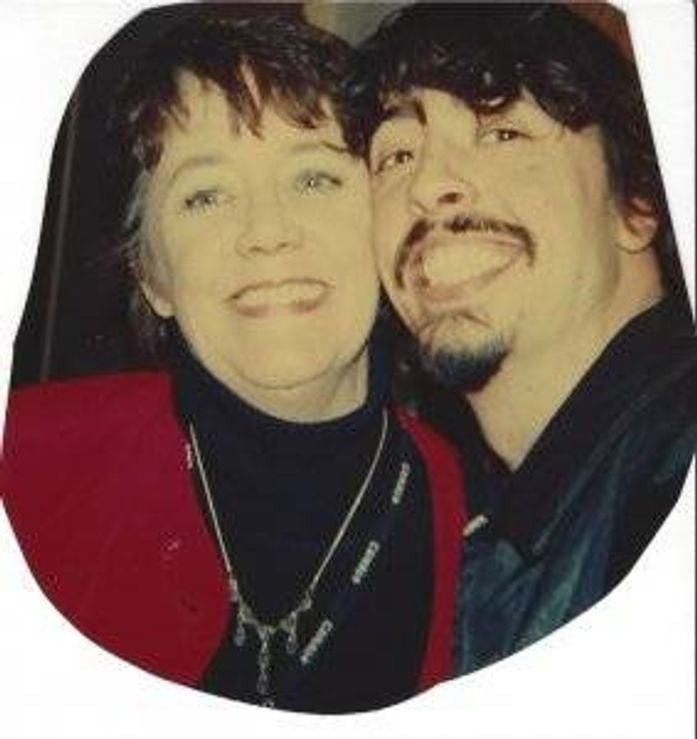
Hester [Diamond] — who is Mike D’s [of The Beastie Boys] mother — her entire journey was really amazing. She lived through the beginnings of World War II. She became hugely successful and almost completely self-educated. Her story was really unusual, from the way she discovered art, which was almost by happenstance. It happened because World War II affected her high school, and it made it so she only went to high school once a day and then had the rest of the day to entertain herself in New York. She started going to galleries just out of the blue and became obsessed with art. It was only because of the war that that happened. It’s things like that that were surprises to me.
Tom Morello’s [of Rage Against the Machine] mother [Mary Morello] defied all expectations of people of her time and place in the Midwest right after World War II. She started traveling the world by herself as a young single woman and teacher, which gave her access to finding a job. Their histories revealed a lot to me, and I think that affected the ways they raised their own children and influenced them.
You talk at length in the book about how much you love being Dave’s mom, but I’m wondering, for you: What was the biggest challenge of being a mom to such a big star?
Well now it’s all good. The only challenge is getting to spend as much time with him as I’d like. He’s so generous that I’m invited to come along [on tour] anytime I can. But certainly, I can’t complain. He’s only 20 minutes down the road, and when he’s here and I’m here, we spend as much time as we can together.
In the early days, all the mothers worried about all the things out there — the dangers of being out in the world and on big stages with all the people looking at them and looking maybe to take advantage of them. We worried about that. We worried about their safety and if they had the good judgment we thought they had. Can they really stay safe from all the bad influences? Especially during the ‘70s and ‘80s when drugs were a huge factor. All the mothers worried about that. Many of us would check in on them by either joining them on tour or would call them on the phone as often as possible just to make sure they were always doing what their mothers taught them to do.
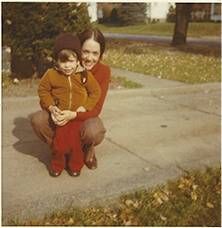
Do you have more details about the docuseries?
This is something I never imagined. I feel way out of my league on this. I want to be back with the friends I made over the last couple years and have more conversations with them. One thing I’m really excited about is I want all of these women to meet each other. I promised them I’d get them all together, so now I’ve got to keep my promise.
[The show] is in the very early stages, and I don’t know how long these things take. I get older by the minute, so it better not be long. It’s a strange sport to be starting in your 80th year, but I’m for it.
